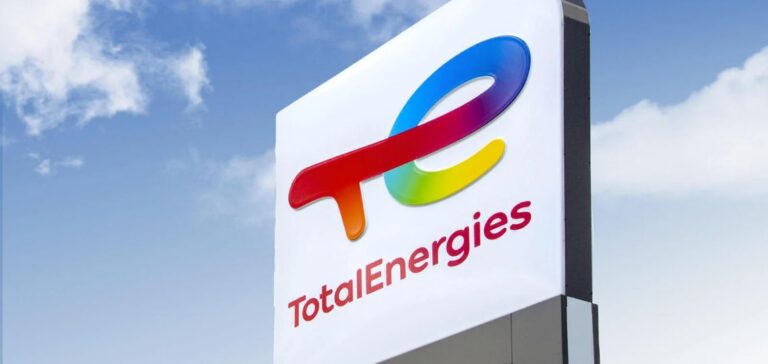TotalEnergies, a major player in the oil sector, has chosen the IFS Cloud solution to centralize and optimize the management of its asset portfolio worldwide. This project aims to integrate maintenance, operations, and monitoring processes on a single platform, thereby ensuring better cost control and extending equipment lifespan.
Project Overview
The deployment of the IFS Cloud solution is based on an integrated approach. The platform, powered by ERP (Enterprise Resource Planning – planning of company resources) and EAM (Enterprise Asset Management – management of company assets) technologies, will allow more than 13,500 users across the globe to access a unified tool for asset management.
Integration Details
The implementation is part of a large-scale digital transformation project. The integration of IFS Cloud with TotalEnergies’ future ERP ensures continuity between exploration, production, refining, and chemical operations. The maintenance and service functionalities, consolidated within a single data model, guarantee a significant reduction in downtime and an increase in asset profitability.
This project relies on advanced technologies such as Industrial AI (Industrial Artificial Intelligence) to optimize both predictive and corrective maintenance processes.
Perspectives on Asset Management
The adoption of a single platform marks a strategic step in the digitalization of TotalEnergies’ operations. The project aims to secure asset performance, reduce management costs, and strengthen the company’s competitiveness in an ever-evolving environment.
The interactions between TotalEnergies and IFS reflect a common commitment to support operations with high-performance tools that meet the sector’s requirements, without resorting to promotional approaches.






















